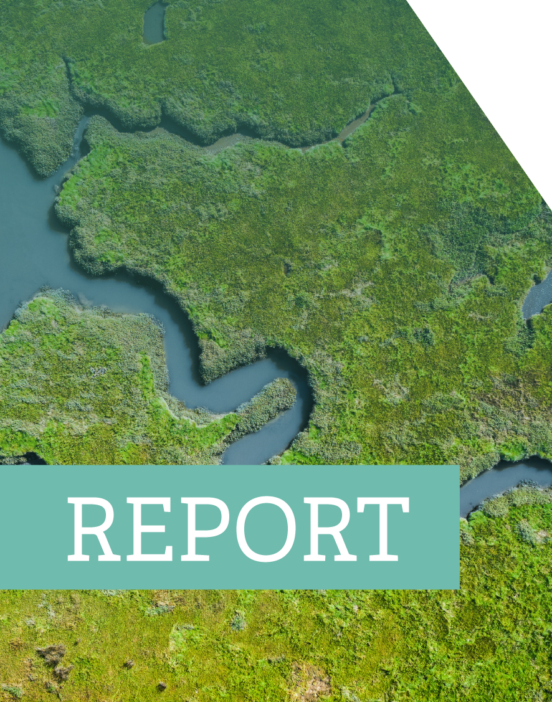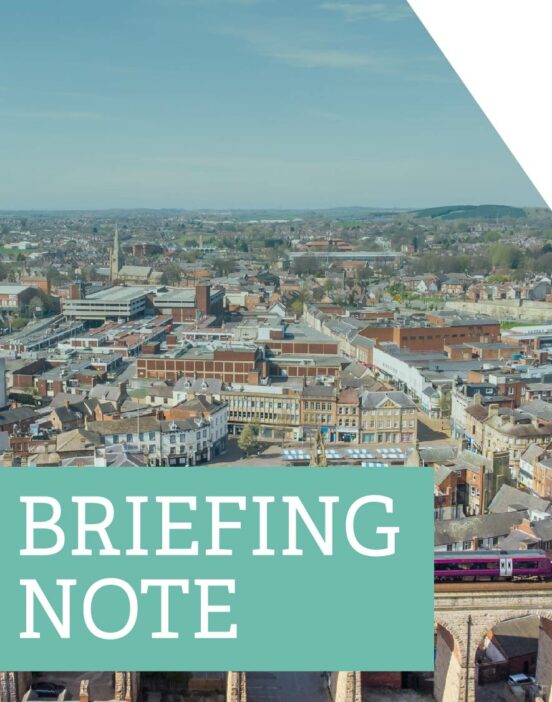
Covid-19
Covid-19 and The Economy 2030 Inquiry
The economic shock caused by Covid-19, and the associated measures to contain the spread of the virus, resulted in the largest annual contraction in GDP in three centuries. A successful vaccination rollout means a recovery is now underway and forecast to continue, even if the uneven global rollout of vaccinations and related risk of mutations pose risks.
As with any major recession, the pandemic will drive change for years to come. But it will do so in unique ways. All downturns have lasting impacts from the direct effects on people, such as unemployment, and firms, such as debt. This crisis will be no exception. The associated rise in unemployment will last for several years, while the highly unequal impact of the crisis will have a lasting legacy: damaged labour market outcomes for low earners and the young, higher savings for the rich, more debt for poorer households, and long-term health impacts throughout the population. That legacy will need to be addressed during the 2020s.
Beyond these direct impacts, the Covid-19 downturn was brought about by huge behavioural change – notably reductions in mobility and face-to-face interactions, which have been partly voluntary and partly legislated – required to control the virus. It is the continuation of some of those behavioural shifts that may be the driver of lasting economic change after this crisis, the two most obvious of which are the growth of online retail and home working.
Online retail increased from 19 per cent of total retail sales in February 2020, to 36 per cent in January 2021. Only half of the increase during the first lockdown was reversed during the Summer reopening in 2020.
A durable shift towards more home working and online retail would drive major changes for firms, workers and places. As with any big change, there would be winners and losers. A move to greater home working may be a welcome lifestyle change for some professionals and could spread well-paid jobs geographically, aiding efforts to level up less affluent parts of the UK. But for those, generally lower earners, who provide local goods and services, it could mean significant economic disruption as they are forced to find new jobs in new places.
The Economy 2030 Inquiry will investigate the impact of these long-term shifts on people, firms and places in the UK, and how policy should respond.


